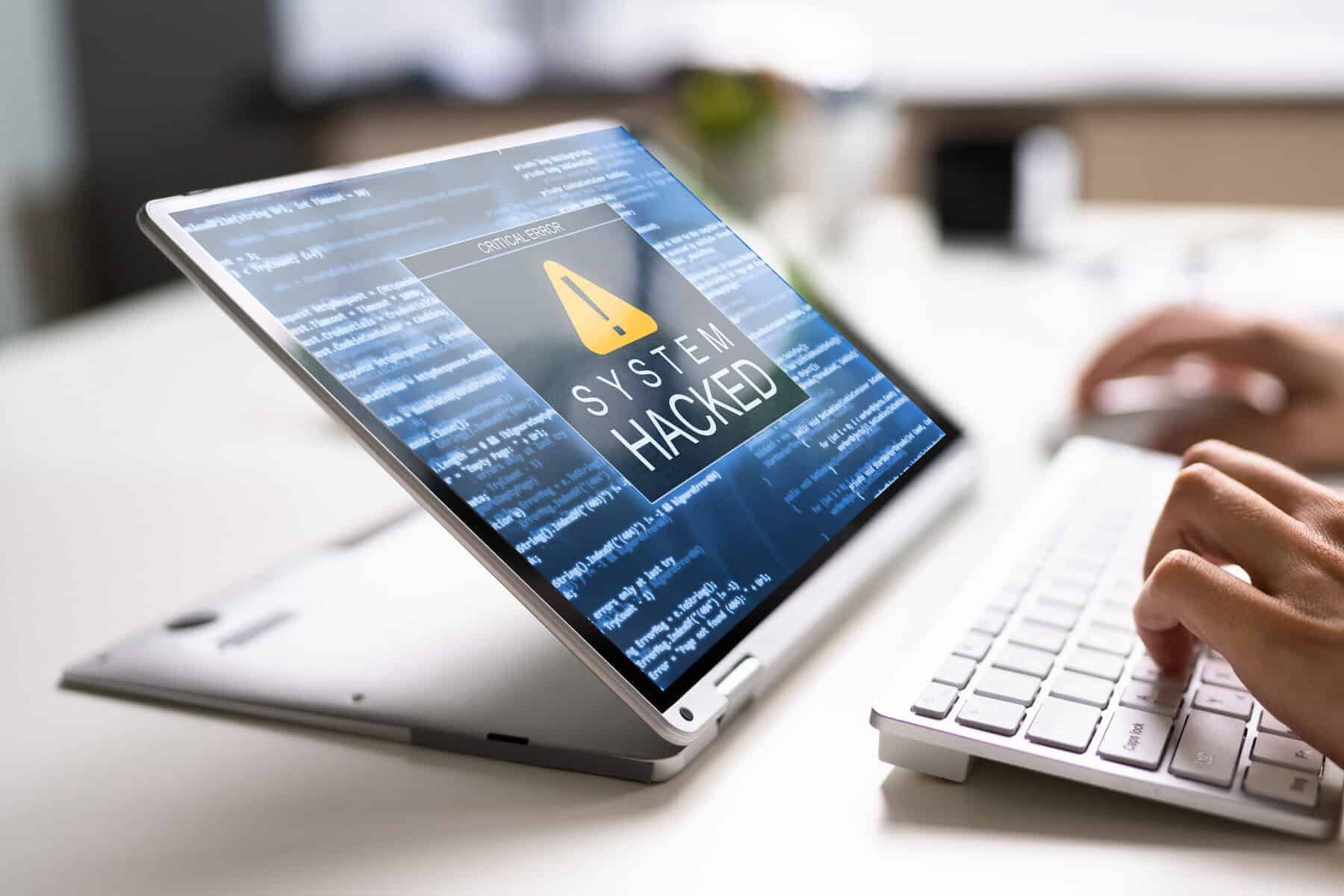The recent cyberattack on MTN underscores the escalating cyber threat landscape facing businesses globally.

A risk strategies company has raised the flags on the growing number of cybercrime risk protection gaps among companies, saying they surpass load shedding.
The recent cyberattack on MTN, alongside incidents impacting critical infrastructure in Marks & Spencer, starkly underscore the escalating cyber threat landscape facing businesses globally.
Cybercrime compared to load shedding
Spiros Fatouros, CEO of Marsh McLennan, Africa and South Africa, said these events serve as a critical reminder that cybercrime is no longer a peripheral concern but a central business risk, surpassing traditional challenges like load shedding in its potential impact.
“This surge in attacks aligns with findings from the World Economic Forum (WEF) 2025 Global Risks Report, which identifies cyber risks as a persistent threat to societal and economic stability. The interconnectedness of modern supply chains, as highlighted in the report, with 54% of respondents citing it as a barrier to cyber resilience, amplifies these vulnerabilities.
“The complexity of these chains and the varying security maturity of suppliers create significant entry points for malicious actors, with software vulnerabilities and the propagation of attacks being key concerns. Alarmingly, 72% of respondents reported an increase in organisational cyber risks, with ransomware remaining the top concern,” Fatouros said.
ALSO READ: WhatsApp account hacked? This is what you need and must do
Contributing factors
Fatouros added that several contributing factors are fuelling this escalating complexity.
“Heightened geopolitical tensions, increasingly intricate and opaque supply chains, the rapid adoption of emerging technologies introducing new vulnerabilities, and the growing web of international regulatory requirements.”
He said these challenges are compounded by a widening skills gap, further complicating the ability to manage cyber risks effectively.
“In the face of an increasingly complex and threatening cyber landscape, businesses must adopt a proactive and adaptive approach to cybersecurity, moving beyond reactive measures to prioritise the development of robust cyber resilience.”
Sophistication of cyber threats
Last year, during the AI Journalists Academy, Microsoft South Africa stated that as the cybersecurity landscape undergoes a profound transformation, driven by the relentless evolution of technology, cyber threats and cybercrime are becoming increasingly sophisticated.
With traditional tools no longer enough to keep pace with the threats posed by cybercriminals, artificial intelligence (AI) has emerged as a pivotal ally in the fight against cybercrime.
According to Interpol’s 2024 African Cyberthreat Assessment Report, the rapid growth of cybercrime is further illustrated by the estimation that in 2023, the average number of weekly cyberattacks per organisation in Africa increased 23% year–on–year; this average was the highest in the world.
ALSO READ: No one immune to cybercrime, not even Ramaphosa – Experts
Support Local Journalism
Add The Citizen as a Preferred Source on Google and follow us on Google News to see more of our trusted reporting in Google News and Top Stories.








